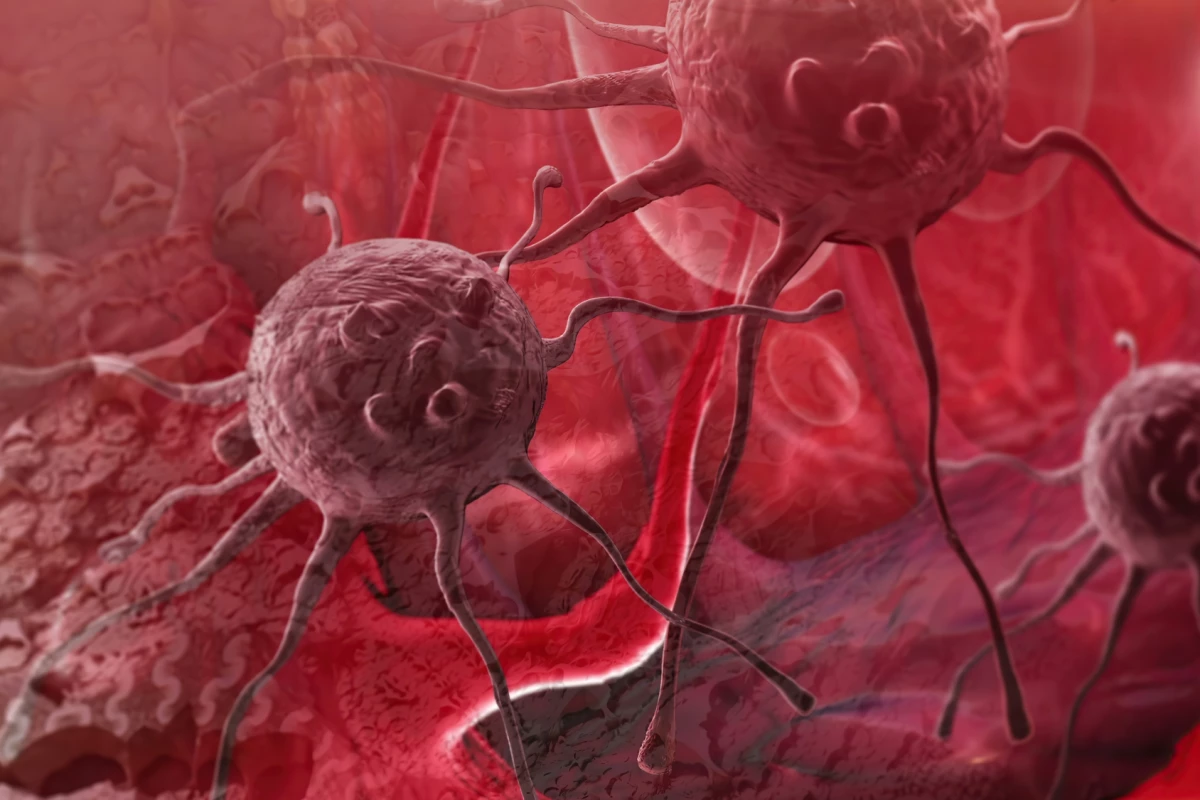Newly announced results from a preliminary clinical trial testing a novel kind of brain cancer drug have revealed incredibly promising responses in a particular subset of patients. A larger Phase 2 trial is now underway targeting patients with a specific biomarker.
Glioblastoma is an aggressive and often deadly form of brain cancer, with around only five percent of patients surviving longer than five years after initial diagnosis. Lisavanbulin is one of several new drugs in development designed to inhibit tumor growth and treat this devastating form of cancer.
Long-term data from a recently completed Phase 1 human trial initially revealed mixed results, with only two of 20 patients showing significant improvement. However, looking more closely at the data the researchers discovered those two successful cases shared a particular characteristic.
Those two patients were found to have high expression of a particular protein called end-binding protein 1 (EB1) in their tumor tissue. Three out of the 20 subjects in this early trial showed strong EB1 expression.
“EB1 plays a pivotal role in the regulation of microtubule dynamics during cell division and has been shown to interact with microtubule-targeting agents, such as lisavanbulin, inhibiting tumor growth,” reports Basilea, the company developing the new drug.
Preclinical studies also found EB1 positivity was a strong predictor of efficacy. Following these findings a Phase 2 trial is now underway specifically focusing on glioblastoma patients with EB1-positive tumors.
“We are in a new era of personalized medicine, with markers in cancer cells offering vital clues to what treatment could target an individual’s disease,” says Juanita Lopez, from the Institute of Cancer Research. “This encouraging early study suggests some patients with advanced brain cancer who are EB1-positive could be treated with lisavanbulin, a targeted drug which blocks the growth of cancer cells.”
New findings presented at the recent American Society of Clinical Oncology (ASCO) Annual Meeting indicate EB1 expression can be found in approximately five percent of glioblastoma cases. The research also looked at EB1 expression in a number of other cancer samples, finding it in low levels in some metastatic melanoma, lung cancer and breast cancer tissue.
“We are looking forward to the interim results in our phase 2 study, which is enrolling patients with recurrent glioblastoma that is EB1-positive, towards the end of 2021,” says Marc Engelhardt, Basilea’s chief medical officer. “A clinical proof-of-concept in glioblastoma based on positive interim results would support exploring the selection of patients based on EB1-positivity in other tumor types as well, such as melanoma, breast, colorectal and lung cancers or rare cancer types such as medulloblastomas or neuroblastomas.”
Paul Nicholson, one of the patients in this early trial, saw his cancer shrink by more than 80 percent. Three years later his scans are still looking positive.
Lopez points out this novel targeted treatment may not work for all glioblastoma patients but it could offer new hope to those with EB1-positive cancers. Initial results from the international Phase 2 trial are expected later this year.
“We believe that our findings could be a key step in the development of the world’s first targeted brain cancer treatment, offering hope to some patients with aggressive glioblastoma,” says Lopez. “People with brain cancer currently have very poor survival rates and lack treatment options, so this could be a very welcome addition to our limited arsenal of tools to combat the disease.”




